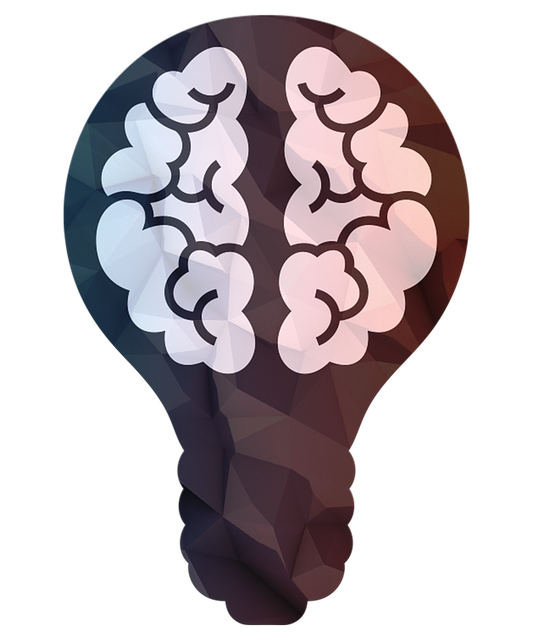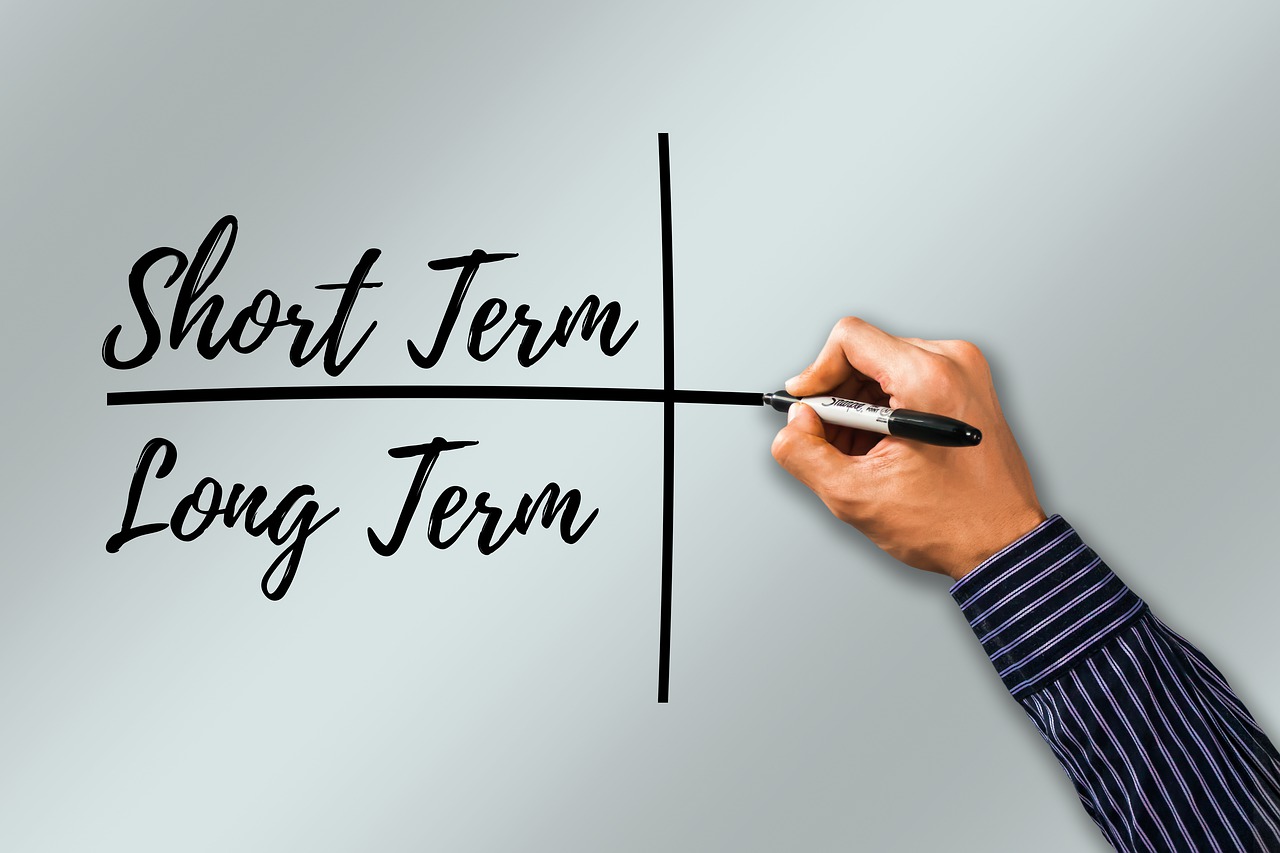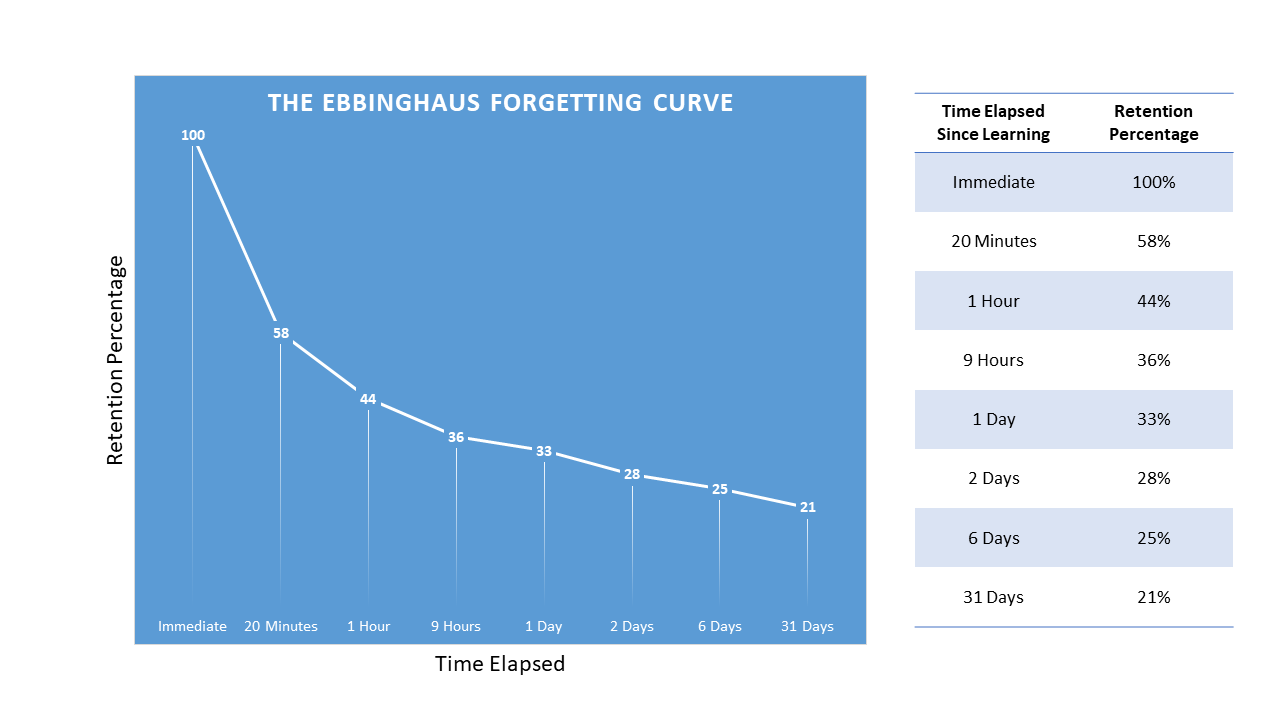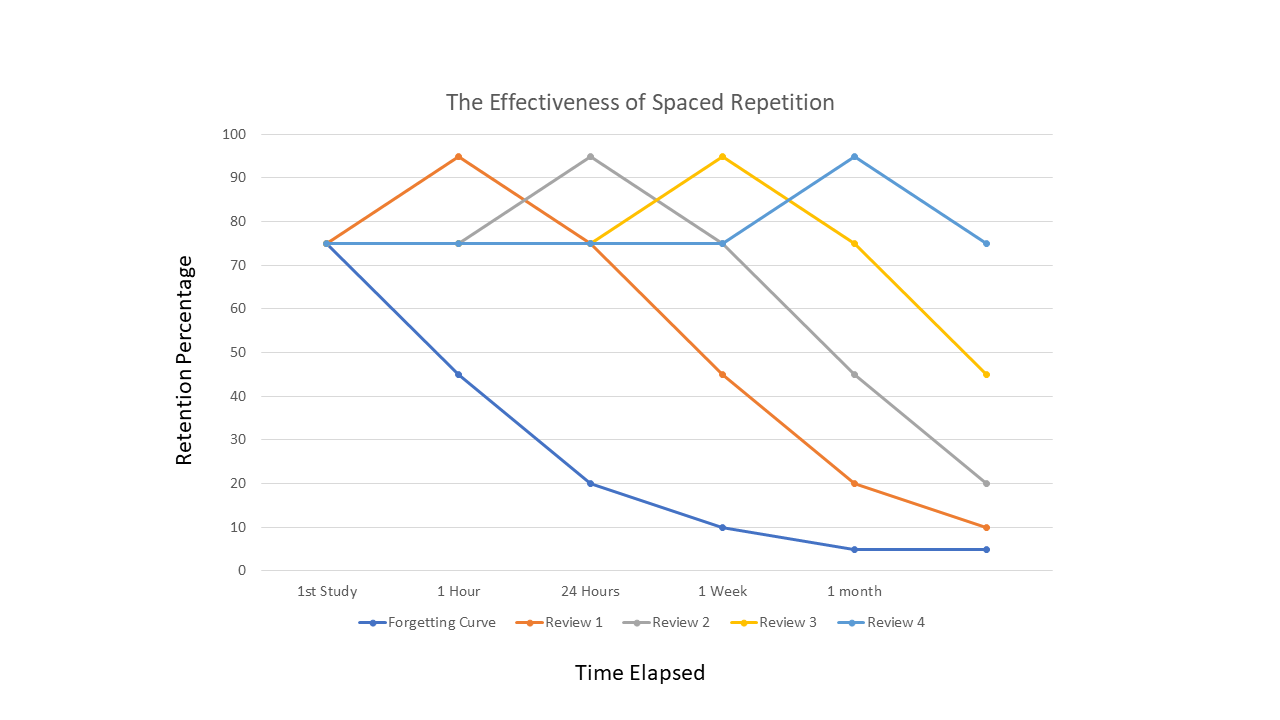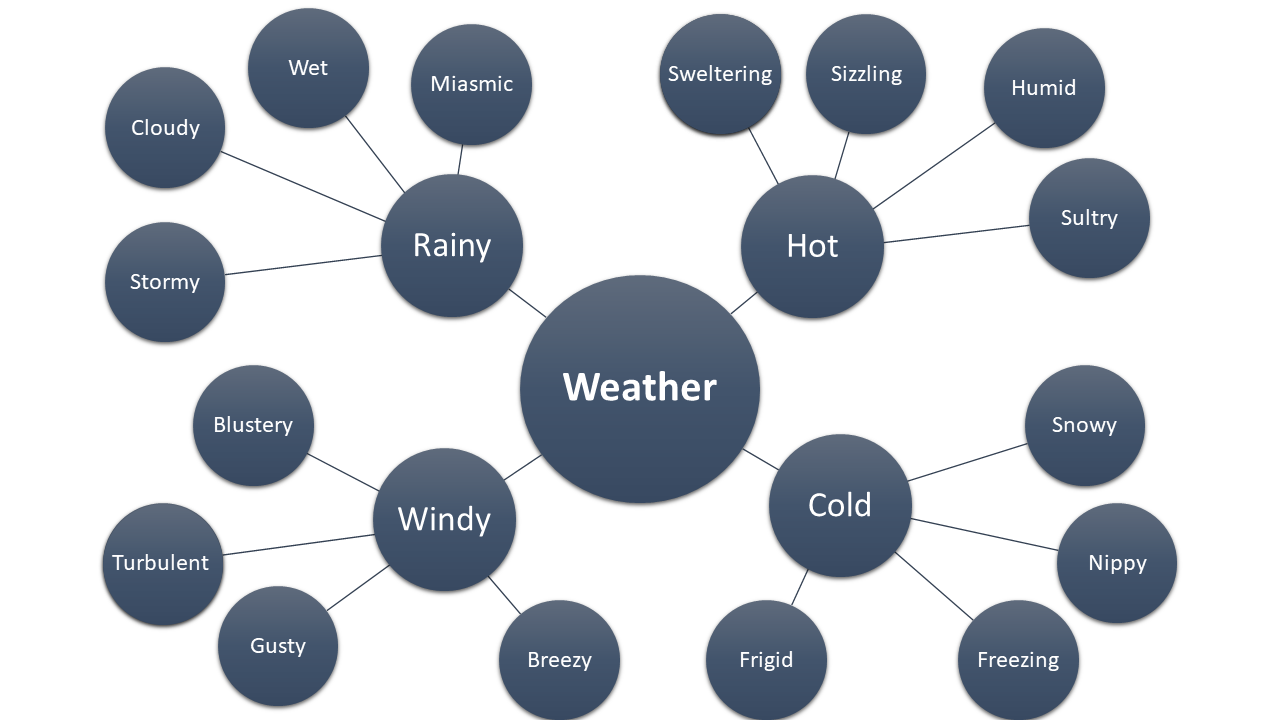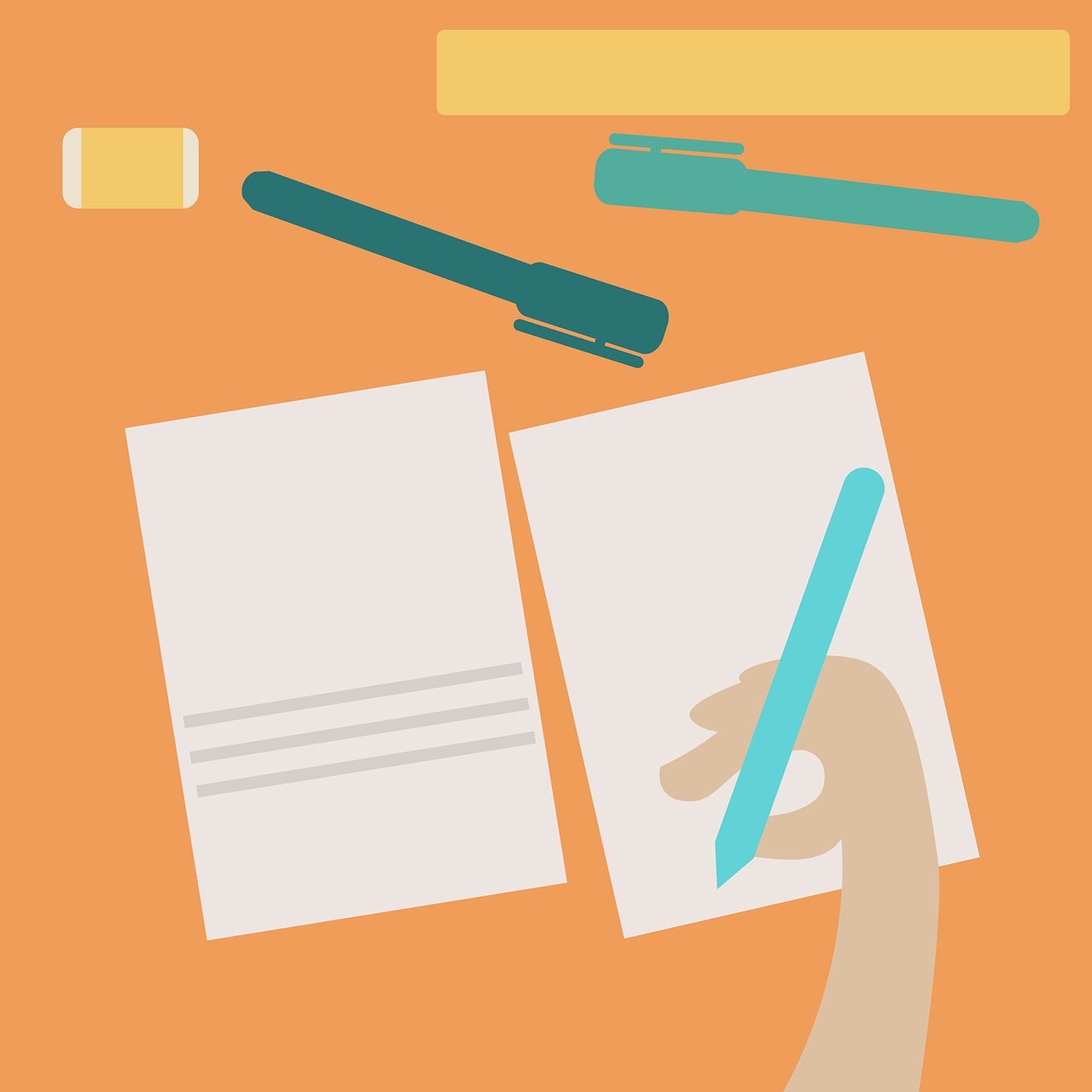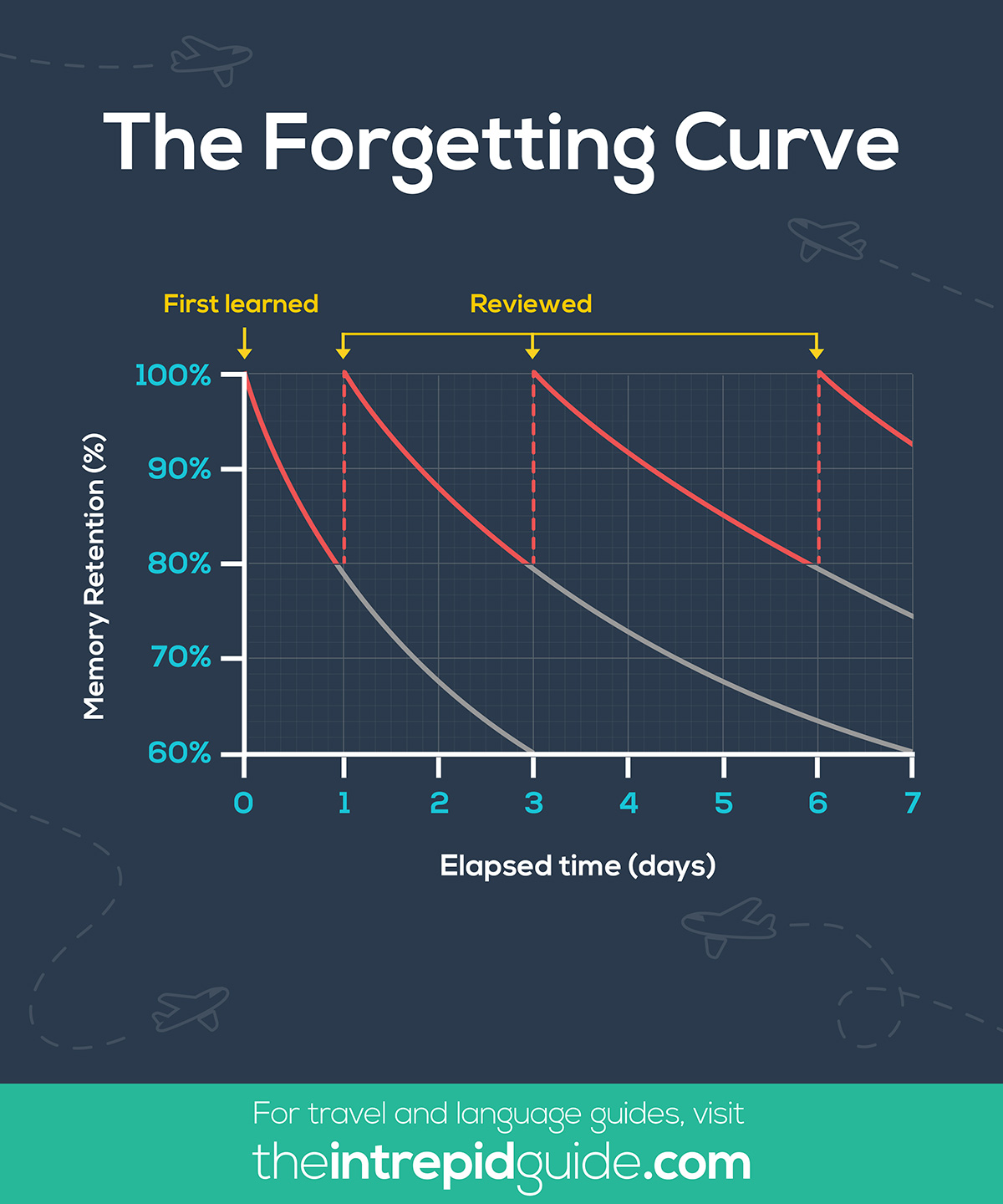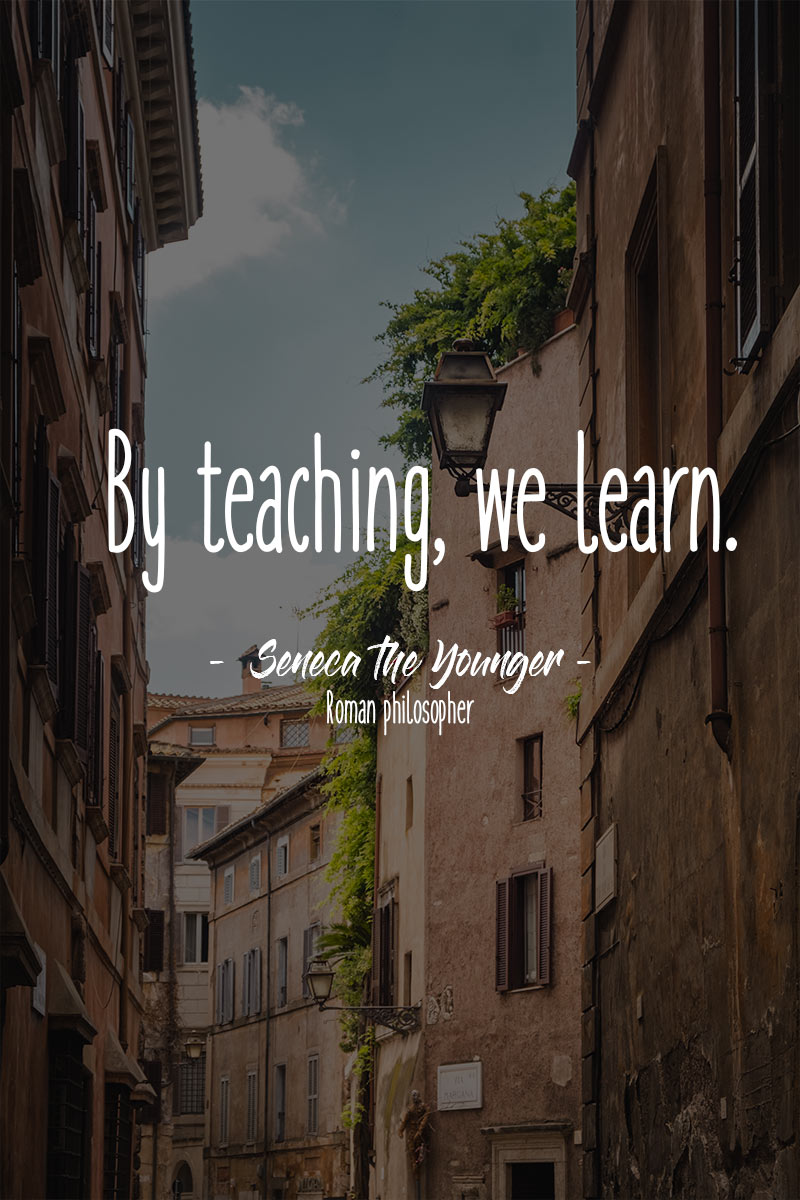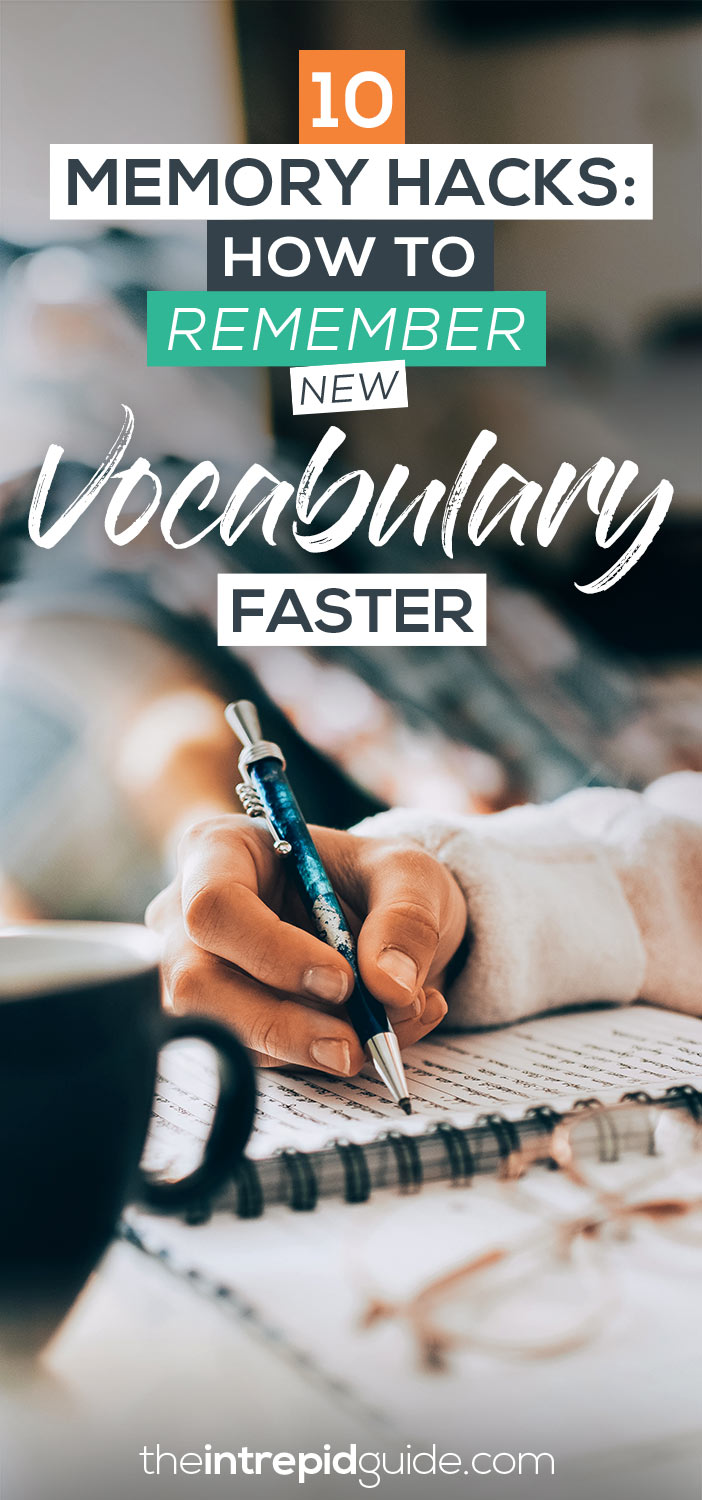In a way, building up a strong vocabulary depends on your capability of memorizing new words. The more effectively you can memorize a word, the longer you can remember the word, and your vocabulary will become essentially rich.
But, how long does it take to memorize a word? Memorizing a new word depends on a few factors. However, it takes about 50 seconds to effectively memorize a new word if you follow a few simple tricks.
Also, you should try spaced repetition system (SRS) for a better result. It’s a memorization method that suggests you go through a study material giving periodic intervals. The retention percentage reaches up to 80% after six intervals.
At the same time, it’s also true that not everyone has the same cognitive efficiency. So, the actual time to memorize a word will vary from person to person. Still, you can say that 1 minute is sufficient enough!
Our brain functions are complicated, and the processes are very intricate. Even the best neuroscientists struggle to understand the behavior of our brains fully. So, you should go through the whole article to understand the topic at hand in detail.
Why Do We Forget Anything?
First, let me answer a simple question — what does “memorizing” mean?
The process of memorizing comprises of two things –
- Acquiring information
- Recalling that piece of information at will
That’s it!
Our brains hold on to every piece of information that we encounter in our lives. But, at the same time, we forget a great amount of information too.
So, why does that happen?
Neurobiologist Dr. Corette Wierenga from Universiteit Utrecht has shared some interesting information regarding the matter.
Whenever we acquire new information, we store it in our neuron cells. The more relevant or important our brain feel that piece of information is, the more synopsis connection that segment of the neuron cells have.
When we want to recollect a piece of memory, we need to trigger the neuron cells that store that piece of information.
However, if that segment of brain cells doesn’t have enough synopsis connections, we can’t trigger it.
Thus, we forget something.
Types of Memories: How to Memorize Anything Effectively?
As we are on the topic, we should know that not all memories hold the same amount of importance to us. We consider some memories to be more important and some memories to be irrelevant.
Obviously, the memories our brain sees as irrelevant goes to «I forgot that» section!
So, let’s take a look at the types of memories –
- Immediate Memory
- Working Memory
- Permanent or Long-Term Memory
Immediate Memory
The immediate memories are extremely short-term memories. Typically, these memories last for only about a millisecond.
When we constantly look through our eyes, we are creating uncountable numbers of immediate memories. Our brains mostly label these immediate memories as “irrelevant” or “unimportant.”
Being unimportant, we don’t actively store them in our brains.
For example, when we commute through a train, we see thousands of things on the train. We skip storing most of these things in our brains. These skipped memories are the immediate memories.
In a word, they are the forgettable memories.
Some neurologists also call the immediate memories as sensory memories. They are called sensory memories as these memories are formed based on our fives sensory abilities.
So, according to that point of view, you can divide them into three categories —
- Iconic memory – Connected to visual senses
- Echoic memory – Connected to auditory senses
- Haptic memory — Connected to auditory senses
Working Memory
These are the type of memories that we store in our brains only to serve some specific purpose.
Once that specific purpose is fulfilled, we term them as «irrelevant.»
For example, imagine that you are reading a novel, and you stopped reading it to have some snacks. Then, you look at the page number so that you can resume reading again after having the snacks.
The page number then becomes a working memory.
You will probably remember it until you start reading the novel again. After serving the specific purpose of resuming reading the book, you will also forget the page number.
Anything that we remember for more than 0.5 seconds to an hour goes to our working memory section.
Sometimes, experts call the working memories – short-term memories.
When we learn a new word from any language, the piece of information is first stored as a short-term memory.
Our goal will be to convert this memory from short-term to long-term.
Permanent or Long-term Memory
As the name suggests, our brains store these memories for a long, long time. We can effectively remember and recall these memories from one hour to complete life-time.
You remembering your full name is an example of a long-term memory.
The more neuron connections our brains attach to a piece of long-term memory, the better we can remember them.
The process of memorizing is strongly connected to this topic.
The typical act of memorizing is mainly, giving your brain more exposure to a piece of information.
For example, if you see an uncommon word like “agelast” for the first time in your life, you can easily forget it. So, how to remember the word or how to remember the spelling of the word? If the word gets more exposure, you will more likely to remember it easily.
The key to remembering anything for a long time is – more exposure.
The Forgetting Curve: The Science Behind Forgetting Anything
Have you ever noticed that you tend to forget things after a certain if you don’t study them? There is a hypothesis that tries to explain the phenomenon.
It’s the famous hypothesis by Hermann Ebbinghaus published in 1885 as Über das Gedächtnis that translates into English as Memory: A Contribution to Experimental Psychology.
Ebbinghaus tried to memorize nonsense syllables (similar to newly learned words). Then, he plotted the result on a retention percentage vs. elapsed time graph.
Thus, he gave birth to the famous forgetting curve.
Ebbinghaus also formed a formula that justifies the forgetting curve. It’s like this –
Here,
b is the percentage of information successfully retained
t is elapsed time since memorization (in minutes)
Here is an illustration —
As you can see, you will fully remember anything while you memorize it. However, your brains will slowly start to forget it. And finally, after 31 days, you will only remember 21% of the material that you have studies.
You might think that this equation and hypothesis might seem a far-fetched as it was published back in 1885.
The thing is a group of scientists tried to replicate the forgetting curve using the newer data and approaches. Their results were surprisingly close to the original research done by Ebbinghaus!
Ebbinghaus hypothesized that many factors play influential roles in the rate and speed of forgetting anything –
- Difficulty of the study material
- The meaningfulness of the material to an individual
- Psychological condition of the individual (stress or sleep)
Also, he suggested the two methods that would help someone to remember study material for a long time –
- The Use of superior memory representation technique (mnemonic)
- Spaced repetition
If you are looking for how to memorize words fast, Spaced repetition is the best option that you are going to have! It means to go through the study material after a while.
Here is an illustration that signifies the success of spaced repetition method –
As you can see, your retention rate gets a spike every time you have reviewed an already learned topic. With the power of spaced repetition, you can store anything in your memory for a long time. This is how to improve memory!
More Exposure = Quicker Memorization
The key to effectively memorize a word is greatly connected to word exposure. It means the more you will encounter a word, the more chance of retention that word will have.
For example, let’s consider the word “agelast” again.
Agelast refers to a person who never laughs or barely laughs. Certainly, it’s an uncommon word. If you see this word for the first time in your life, you can easily forget it soon.
However, if you encounter this word over and over again, something strange will begin to happen!
Your brain will slowly convert this short-term memory into a long-term memory.
Linguistic experts suggest that if you encounter a word 12-times through a year, your brain will store the piece of information as a long-term memory.
Susanne Rott from the University of Illinois, Chicago, published a paper on this topic. According to her study, six exposure over a period of four weeks significantly increases the word retention rate.
There is still no definite number of exposure frequency that works for all. However, there is no doubt that a higher count of exposure ensures better word retention. So, how to memorize words quickly? Give frequent and regular exposure of the word to your brain.
5 Factors that Affect the Memorizing Process
Now that you are clear about the types of memory and how you can successfully memorize a word (more exposure), you need to know about all the factors that affect the memorizing process.
The Degree of Attention
No matter what, you will never have constant attention towards studies. Sometimes your heart would want to play some video games; sometimes, you would want to see your favorite anime series, and so on.
Your brain will grasp onto any piece of information only when you are actively paying attention. The more attention you pay, the quicker you can memorize a word.
So, we can simply form an equation – the degree of attention is negatively proportional to the time needed to memorize a word!
At the same time, your wakefulness, concentration, and mindfulness also play a crucial role in a similar way.
The Degree of Motivation
Have you ever noticed that you can memorize or study better only a few days before you have a big exam?
Why?
Your brain tells you that you need to do better in that exam, and there is no other option. Some feel afraid of the failure (not exactly getting an F), some feel the drive to have a good result in the exam.
This strange desperation or urge boosts your brain to memorize study materials quicker.
However, when it comes to memorizing new words and building up a strong vocabulary, your motivation shouldn’t only be having a good score in the exam. You need to retain the words in your brain for a long time.
You need to store them as “long-term” memory, not “working memory!”
So, try to aim for excellence and motive your brain to see the bigger picture. It will help you attain better and long-lasting results.
Your Mental State
Mindfulness is essential!
Clearer mind helps you to grasp more knowledge. At the same time, you need to feel the urge to memorize a word from the core of your heart.
If you truly want to memorize a word from the core of your heart while considering no other secondary reason, it will beget better results.
On the other hand, if you are feeling down or sad or feel forced to memorize a word, you will need way more time than you should need.
Here’s a tip!
Try growing a habit of memorizing ten new words in the early morning, when your cognitive functions are flowing with positive mental energy.
External Environment
The location and external environment of your study place can influence your cognitive efficiency.
For example, if you are trying to memorize new words while commuting through the subway in a jam-packed train car, you will most like see a below-average result.
Now, if you do the same thing in the early morning in a calm and blissful park, you will a completely different result.
Right?
External environmental factors like the location, lighting, noise, and smell stimulate our brains in a different way. We will feel more conscious about them rather than focusing on memorizing the words.
So, choose your study location wisely.
Make yourself comfortable but not too comfortable (you will end up having a nap instead!).
Breathing!
Yes, you have read it right! Your breathing practices affect your memorizing capabilities too.
A 2016 study found out that having dynamic rhythmic nasal breathing helps our brains to work more efficiently. Also, we can memorize things better if we can breathe properly.
Scientists label this breathing behavior as olfactory breathing. Another 2018 study discusses that olfactory breathing stimulates the prefrontal cortex to take part in the memorizing functions.
So, you should practice having a steady and rhythmic nasal breathing while studying new words, and you will have better results.
Partaking in the meditational activities will also come in handy!
How to Memorize a Word Effectively? 7 Essential Tips
The first step towards is building a vocabulary base. And believe me, this is the hardest step of all.
Even learning all the grammatical rules of a language will seem like a piece of cake after you have a strong vocabulary base.
Things are even tougher for kids. If you are a native English speaker, then thigs could be a little easy for you. But still, you will struggle to boost your vocabulary to 25,000 words quota.
Why am I focusing on the number 25,000?
It’s simple!
It’s the average word collection that a native English language speaker has.
Here’s the thing, even though all the five factors of memorizing anything (mentioned in the previous section) are in your favor, you will still struggle to memorize new words.
Because memorizing new words is a daunting challenge.
Still, you could try following these steps. They will help you increase your word retention capability. Also, they are the answer to your question — how to memorize words fast!
Word Mapping
Word mapping is a simple and effective visual tool that you can use to develop your vocabulary.
A typical web has the main word in the center and a couple of branches connected to it.
For example, consider the word “weather.”
Weather can be –
- Cold
- Hot
- Windy
- Rainy
Now, put the word weather in the center of the web and connect the four other words (cold, hot, windy, and rainy) connected to the weather with lined branches.
That was the first stage!
Now, begin the second stage.
This time, you will add up more branches with the previous branched word. The stage-two branches will be the synonyms of stage-one branches (cold, hot, etc.)
For example, you can define cold weather as – freezing, frigid, snowy, and nippy. So, these four words form the second stage of the web.
Similarly, you will add words to – hot, rainy, and windy branches too.
Are you still feeling confused?
Here, take a look at this completed example –
You can create different other forms of word maps –
Model-2 – A map consisting of parts of speech, synonyms, antonyms, example in a sentence, etc.
Model-3 – A map consisting of your personal definition, dictionary definition, association, word clue, and picture.
And so on
Go on, make your own word maps that suit your needs and situations.
The only limit is your imagination and creativity.
The Context Library
The best way to remember a new word is by giving it a context.
For example, what does the word “set” mean?
- Put something to any specified place?
- Being in a fixed position?
- Representation of a situation of a film or a play?
The right answer would be all of them! The definition of the word changes with the changing cases.
In fact, there are 464 different definitions of the word “set” 464 in the Oxford English Dictionary!
So, how can you know which definition of the word is active in a sentence?
This is where context comes to play!
Context refers to the other words that surround a specific word in a sentence. Even the whole paragraph can help you figure out the proper definition of a word.
For example, consider the following sentences –
Tom set the table for lunch.
Mark set the chair by the couch.
In the first sentence, set is referring to arranging the food and other tools to have a meal. But in the second sentence, set is referring to placing an object to any specific place.
You will have to use the context to help you memorize a word.
From now on, while making a list of words to memorize, don’t just write the word. Add the definitions along with contexts in a sentence. If you find a different meaning of an already known word, add the new meaning with a context in your list.
This is how you can create a Context Library.
Listen and Read at the Same Time
When we think of memorizing new words, we typically consider only reading the words.
However, our brains gather and retain information better if we can collaborate more than one skill to perform a cognitive task.
In this case, combining reading with listening extensively increases the knowledge retention rate.
So, what does that mean?
Well, in simpler words, try to listen to the words while reading. By doing so, your brain will find the proper pronunciation of words and spelling at the same time. In short, your brain will retain the words better.
You can use simple tools like Google Translate here too.
Also, you can also depend on the tools of SpellQuiz. SpellQuiz uses a dual skill approach (listening and typing) to enhance spelling skills. You will learn how to memorize words quickly and how to remember sight words better.
There are some other fun activities that can come in handy in this case.
For example, if you are watching a movie or a TV series, turn on the subtitles. You will listen to the words and read the words all at the same time.
You can also read the podcast transcripts while listening to them.
There are many ways to incorporate listening and reading together to enhance vocabulary skills.
Learning Associated Words Together
Scattered approaches will always give you a poor result when it comes to memorizing anything. It’s even truer when it comes to memorizing new words.
However, tables turn completely if you pack all the connected words together and memorize them in a batch.
Our brains use the connection between the contexts of the words and try to establish some kind of link between them.
For example, try to find ten to twelve words related to geography from the dictionary. Like this –
- Channel
- Peninsula
- Valley
- Mountain
- Hill
- Plain
- Plateau
- Butte
- Canyon
- Glacier
- Fjord
- Cliff
Now, put these words on a page of your notebook and try to memorize them together. You will see that memorizing these words will become extremely easy.
Studying Compound Words
A huge portion of the English language is made up of compound words. Compound words are words that are comprised of two or more individual words.
For example, “spaceship” is a compound word made up of “space” and “ship.» Similarly, newspaper, doorbell, friendship are some other examples of compound words.
If you see long words, try to break them into smaller parts. You will notice that most of the long words are, in fact, compound words. Breaking these words in smaller chunks will help you memorize them.
Don’t Use the Rote Memorization but Dynamic Memorization
When you study for a tough test for your final exams, how do you study?
Repeat reading the same study materials over and over again until you memorize every word, full-stop, and comma of the text?
Probably!
This is an old memorization technique commonly known as the rote memorization.
The problem with this technique is that it a very time-consuming procedure, and you will probably forget what you have memorized after a few months.
Rather, you should aim for a different approach known as a dynamic approach. In this method, you don’t rely on only one form of memorization technique but multiple different ones.
For example, if you have used the reading the words method in the first revision stage, you will use listening to the audio recording in the second revision. After that, you will write the words that you have learned during the third revision stage.
In short, you will use a different method in every revision stage.
Your brain will absorb the knowledge much better in this way.
Take Notes, It Helps
Whenever you are memorizing new words, have a notebook by your side. No matter which memorizing method you are using, using the notebook will help you memorize the content better.
In this way, even if you have forgotten what you have read, your brain might trigger by remembering what you have written in your notebook.
Your notebook will act as a supporting memorizing tool.
You can also use the notebook to plan out your strategies, or you could just note down a new-found word.
There is no hard and fast rule for using your notebook efficiently. Use your own methods to take down the notes.
But you need to take down notes – it will help, trust me!
Final Thoughts
Memorizing new words will definitely help you build up a strong vocabulary. So, the key takeaway of this article is that you will need about 30 to 50 seconds to memorize a word. But you need to give the words about 6 to 12 exposures over a period of time to covert the knowledge in your long-term memories.
Finally, you can adopt many different strategies to efficiently memorize a word.
Be relentless and creative; you will definitely attain success.
Hey you, there is a piece of great news, now you can participate in the Spelling Bee Online game. In this game, you will compete against players coming from all over the world in real-time. Participating in the SBO game will help you memorize a word in a fun way!
The Intrepid Guide contains affiliate links. At no cost to you, I will earn a commission which helps reduce the ever-increasing costs of keeping this site active. Thank you for your support.
If you can memorize new vocabulary faster, you can learn a language faster too! So, how do you memorize vocabulary faster and more effectively? Here are 10 proven memory hacks you should use!
How long it takes to learn a language? Well, that largely depends on your memory. What techniques should you use to help you to remember words in a foreign language? Simple. Use memory hacks!
But first, let me dispel a common myth that you’re probably thinking. You don’t, I repeat, you DON’T have a bad memory. Just because you haven’t learned a language as quickly as you’d like or you forgot where you left your keys, that doesn’t mean you have a bad memory. You just didn’t make it a priority to remember.
Maybe you were multitasking and didn’t pay attention to where you put your keys or you have had something else on your mind. It happens. It’s totally normal and happens to all of us.
Our memory is a muscle. To build a good memory we just need to use simple techniques and methods for it to reach its full potential. Think of it like following a curated fitness programme with daily workout videos that help you build a strong and healthy body. Your memory is the same. It works best when it has been “trained” when it has a framework to work with.
The same can be said when it comes to remembering new words in a foreign language. Just because you see a word once, twice or even a hundred times, it doesn’t mean you’ll automatically remember it and so you can use it in a conversation.
We often talk about people with great memories as though it were some sort of an innate gift, but that is not the case. Great memories are learned. — Joshua Foer, Author of Moonwalking with Einstein
Memory can be trained just like any muscle, and you know what else? Learning a foreign language is actually an excellent way to improve your memory and your overall cognitive abilities. The more you learn, the easier it becomes to memorize new information.
So, trust me when I say, you’re NOT missing the so-called “language learning gene”. The only thing you ARE missing are these top 10 proven techniques that will 10x your memory so you can remember more and learn languages faster! I’ve used each of these memory techniques and continue to use many of them to learn Italian, Norwegian, French and Afrikaans.
But first, it’s important to understand…
How does our Memory Work?
Oxford Languages defines memory as ‘the faculty by which the mind stores and remembers information’. Seems clear enough. But how does it actually work? Well, there are three main processes involved: encoding, storage, and recall.
The process of memory begins with encoding: acquiring or learning new information. Simply put, to remember something you need to learn it first. We take in information through different channels, but as we take it in we also analyze it and adapt it so it can be stored in our brain.
This new information is usually encoded in one of the four ways: acoustically (how something sounds); visually (the way something looks); semantically (what something means); or in a tactile or elaborative way (how something feels and connects to other things).
For example, if you’ve just met someone at a party and you want to remember their name you can repeat their name out loud, associate it with the way the person looks, place the name in a specific context or setting (like the exact place where you’ve met), or rely on the connections you can make with this name or person (maybe you know someone else with the same name).
After the information has been encoded, it goes to storage so that we can recall, or use it later. This is what most people think about when they talk about memory.
The effect between short-term and long-term memory
There are two types of storage. When you first encounter something new, first, this information goes to your short-term memory. From here, it is either forgotten or, if needed and stored correctly, goes to your long-term memory.
Short-term memory is very brief (hence the name!), lasting 15-30 seconds and can hold between 5 and 9 (the average number is 7) items of information. Your short-term memory is at work when you do something like read a list of words and then immediately repeat them. It helps you to quickly obtain the information you need at the moment, while you are performing a task, but it’s highly likely you will forget this information afterwards.
Our long-term memory has a much longer time span (from a few minutes to a lifetime) with practically unlimited capacity. For information to be transferred from your short-term memory into your long term memory, you need to repeat it or interact with it at least a few times.
The final step of the process is retrieval. This is where you access information stored in your memory. There are two different types of retrieval: recall and recognition. When you recognize something, you have some form of a clue that helps you retrieve information. You can often quite easily recognize new vocabulary when you are reading a text. But recalling it without any cues when you need to produce it in a conversation can be much harder.
Here’s a fun video to help bring the process of memory to life.
Why do we forget?
One of the main reasons for forgetting is actually failing to retrieve information. So, the information may still be somewhere there in your brain, but, you just can’t access it.
In 1885, a German psychologist Hermann Ebbinghaus conducted an experiment in which he tested how well he remembered a list of nonsense syllables over increasingly longer periods of time. Using the results of his experiment, he created what is now known as the ‘Ebbinghaus Forgetting Curve’.
He found out that the forgetting curve is exponential in nature. After you have just learned something, memory retention is 100%. However, it drops rapidly to 40% within just a few days. After that, the declination of memory retention slows down again.
He also found out that if you repeat or practice something a lot, the information is stored more strongly and the forgetting curve becomes much more shallow. Basically, you are faced with a use-it-or-lose-it situation, and the first few days are absolutely essential.
Here’s a little explainer video to show The Forgetting Curve process.
So, what can you do to improve your memory?
With the following 10 super effective memory hacks, you’ll learn how to memorize vocabulary, store it in your memory longer, and retrieve it easier.
Let’s dive in!
10 Proven Memory Hacks: How to Memorize New Vocabulary Faster
1. Use spaced-repetition
As we’ve seen above, repetition is key to storing information in long-term memory. Spaced repetition is a popular method with polyglots and the language learning community in general.
Spaced repetition works by presenting you with information right before you forget it to make sure that it stays fresh in your mind. You don’t mindlessly repeat information over and over again; you repeat it across increasing intervals of time.
For example, say you’ve learned some Italian greetings and other useful Italian phrases before your trip to Italy. You repeat them a few minutes later, then a few hours, then a day, then a few days, then a week…You get the idea!
Spaced repetition is designed to ‘fight’ the forgetting curve and trains your brain by ‘lifting heavier and heavier weights’ so you can recall information at longer intervals.
One of the first spaced-repetition algorithms was the Leitner flashcard system. The system was based on paper flashcards (does anyone still make those?) that in the process of learning were divided into different levels and placed into different boxes. Flashcards of different levels were repeated with a different frequency. For instance, Level 1 cards every day, Level 2 cards every two days, Level 3 cards every four days, Level 4 cards every eight days, and so on.
The Leitner system can be quite cumbersome and laborious: not only do you need to make vocabulary cards, but to find some boxes to store them in, as well as to remember to move cards from level to level as you learn the words and phrases. Fortunately, nowadays you don’t have to do this. Various websites and language learning apps were created with the use of spaced repetition to help you memorize vocabulary more effectively.
Here are a few examples: Memrise, Anki, Quizlet, TinyCards, Memorion, Traverse. These apps may differ from each other slightly, but the main idea of spaced repetition is there. Most of them are free or have a free version – try them out for yourself and see which one you like better.
Related: Memrise vs Duolingo: Which Language App is Best For You?
2. Convert new words to pictures
We are visual creatures. About 80-90% of the information we absorb is visual. A large percentage of us (65-80%) are visual learners. We recall information supported by images much more effectively. So, why not use images and visual learning to memorize vocabulary?
Related: What type of language learner are you?
Here’s one of the ways you can do it. Look at the word you want to remember. Does it remind you of something? Do the characters look like or resemble a similar word in your native language or another language you know?
Some languages have done part of the job for you. If you are learning Chinese or Japanese, there are some characters that are based on real objects and actually look like them. Here is the Japanese character that means tree: 木. It may not be the way you would draw a tree, but it is pretty easy to convert this character into a memorable mental image.
Let’s take a look at another example. The Spanish word for ‘bench’ is ‘banco’, which is very similar to the word ‘bank’. The solution is simple: draw a mental picture of a bench near a bank, and you’ll have no problem remembering this word. The Spanish word for ‘cat’ is ‘gato’ and it is quite similar to its English equivalent – you can also imagine the letter ‘g’ being the curled tail of this furry pet.
To sum it up, the main idea behind this technique is to draw a mental picture based on the word’s shape, meaning, and/or sound. Creating this additional association with the word will help you store it in your memory longer and recall it easier.
3. Create your own ‘Memory Palace’
Memory palace – sounds fancy, doesn’t it? Well, it is also a powerful way to memorize vocabulary.
The technique was developed by ancient Greeks, but it doesn’t make it any less effective. Many people use it today to remember all sorts of information such as cards in a game of poker, names at a party, formulas needed for an exam, grocery lists, and, of course, vocabulary.
A memory palace is a place you visualise in your mind where you can store mnemonic images and other information. It doesn’t have to be an actual palace – in fact, it works much more effectively if you imagine a place that you know well, like your home or office.
Creating a memory palace works by creating a strong association of the word with an image and, in this case, a physical location.
Here’s how you build a memory palace:
- Imagine a place you know well in your mind, like your home or office.
- Map your way through it: entering the front door, walking along the corridor, entering rooms, etc. Imagine the furniture you see on your way and other objects.
- Take a list of what you need to memorize – say, some new vocabulary – and place the items or words along your way.
- To make it even more memorable, make the objects and words you remember interact with the location and create other associations if possible. For instance, ‘el gato’ (the cat) can meet you at the gate scratching at the gate-post.
Try it out! I’m sure the memory palace you build will be like no other – and that it will help you memorize vocabulary really well.
Watch this video by Joshua Foer to learn how to create your own memory palace.
Also worth checking out is his popular TED talk
4. ‘Stack’ your words with the Stacking Method.
A stack is a neatly arranged pile of objects put one on top of the other. You probably have at least one stack in your home: a stack of plates, books, DVDs, papers. But what does it have to do with memorizing vocabulary?
You can also ‘stack’ information items to remember them better. Stacking works great with memorizing lists, like a grocery list, but it is also great for memorizing vocabulary, especially vocabulary on the same topic or united by some context.
This method also relies on vivid visualization, but in this case, you don’t just create a vivid image for each vocabulary unit – you literally stack them one on top of the other.
Let us say you need to learn the names of some kitchen utensils in Italian. Start with a ‘tazza’, or ‘cup’. Imagine it vividly in your mind, the way it looks, the kind of shape it has. Then put a ‘piatto’ (plate) on top of the ‘taza’. What’s next? Maybe, a ‘forchetta’ (fork)? ‘Put’ it on the ‘piatto’ vertically and then try to balance something on it.
It may sound just a tiny bit absurd, but it works! Creating a vivid image of a stack of ‘piatti’ (dishes) in your mind will help you remember the words better through a strong association. The more absurd the image, the better, as it’ll be more memorable to you.
The only drawback to this technique is that it puts the vocabulary units in a particular order, and retrieving them in any other order will be a bit harder.
5. Create fun mnemonics
Mnemonic devices or mnemonics are various techniques that help you store information in long-term memory and retrieve it more effectively. Mnemonics are based on creating meaningful associations with the information by using things such as images, memorable phrases, short poems, or even kinesthetic forms.
Mnemonics work by building connections with the word. It becomes not just a word from a foreign language, but a concept connected to an image, a joke, a song, or something else. The stronger this image and this connection are, the better mnemonic devices work.
There are different kinds of mnemonics that you can use to memorize vocabulary:
- Acronyms or Expression Mnemonics – Take the first letters from the words that you need to remember and build a word or an acronym with them. For example, you can remember the points of the compass – North, East, West, and South – with the acronym ‘NEWS’. You can also take other words that begin with the same first letters and make a whole phrase with them. For instance, you can use the phrase ‘PLEASE EXCUSE MY DEAR AUNT SALLY’ to remember the names of mathematical operations: Parentheses, Exponents, Multiply, Divide, Add, and Subtract.
- Music Mnemonics – Remembering lyrics to a song is much easier than just remembering a text. The rhyming and the melody makes it easier to remember and also more fun. I can bet you still remember some nursery rhymes from your childhood. Do you remember the ‘ABC song’? This is an example of a music mnemonic.
- Rhyming Mnemonics – Things that rhyme are easier and more fun to remember as well. Here is an example of a rhyming mnemonic you can use to remember the number of days in each month of the year:30 days hath September, April, June, and November.
All the rest have 31
Except February my dear son.
It has 28 and that is fine
But in Leap Year it has 29.
- The Rhyming Peg System – The Peg system uses visual imagery to create a ‘hook’ or ‘peg’ from which to ‘hang’, or associate, your memories. It works like linking words that sound alike to create new associations. When they rhyme they tend to be more effective, but it’s not essential.. (11) See if you can remember this short list of words (say the numbers out loud):
-
- Bun
- Shoe
- Tree
- Door
- Hive
- Sticks
- Heaven
- Gate
- Vine
- Hen
These are just a few examples. There are many more varieties of mnemonics and you can even mix and match them to create your own personal associations.
Mnemonics can be used to learn the alphabet, vocabulary, grammar, and other aspects of the language.
For example, many French students mix up these two common French prepositions – ‘au dessus’ (above), and ‘au dessous’ (below). Since they are similar in spelling, how can you remember them? By using a mnemonic, of course!
A phrase you can use to help you remember the difference is: ‘If in the air you see a bus, it must be ‘au dessus’. If on the ground you see a mouse, it must be ‘au dessous’.’
Sound bizarre? That’s exactly why you’ll never mix up these two prepositions again!
This video perfectly explains how mnemonics work.
6. Share and Teach Others with The Protégé Effect
There’s an old Latin proverb that the best way to learn something, is to teach it to someone else. “By teaching, we learn,” – Roman philosopher Seneca the Younger (c. 4 BC – 65 AD). This is also known as The Protégé Effect.
Does this really work and, if so, how? If we refer back to how our memory works, recalling information is one of the key processes involved in memorizing something. The more you use and interact with the information, the more effectively you’ll remember it. So, by teaching others and sharing your knowledge in a meaningful way, you’re actually helping to solidify your knowledge into your long-term memory.
Share with someone you know what you’ve learned. Let them ask you questions about it. This will help you identify not only practice what you’ve learned but also to make sure you’ve understood it yourself. No one home? Explain it to your “gato” (cat)!
This works even if you’re a beginner. When you share your knowledge with other beginners, you’re not only consolidating for yourself what you’ve learned, but are building friendships and also more opportunities to recall this new information. Not only that, but learning together is fun too!
7. Always write it down
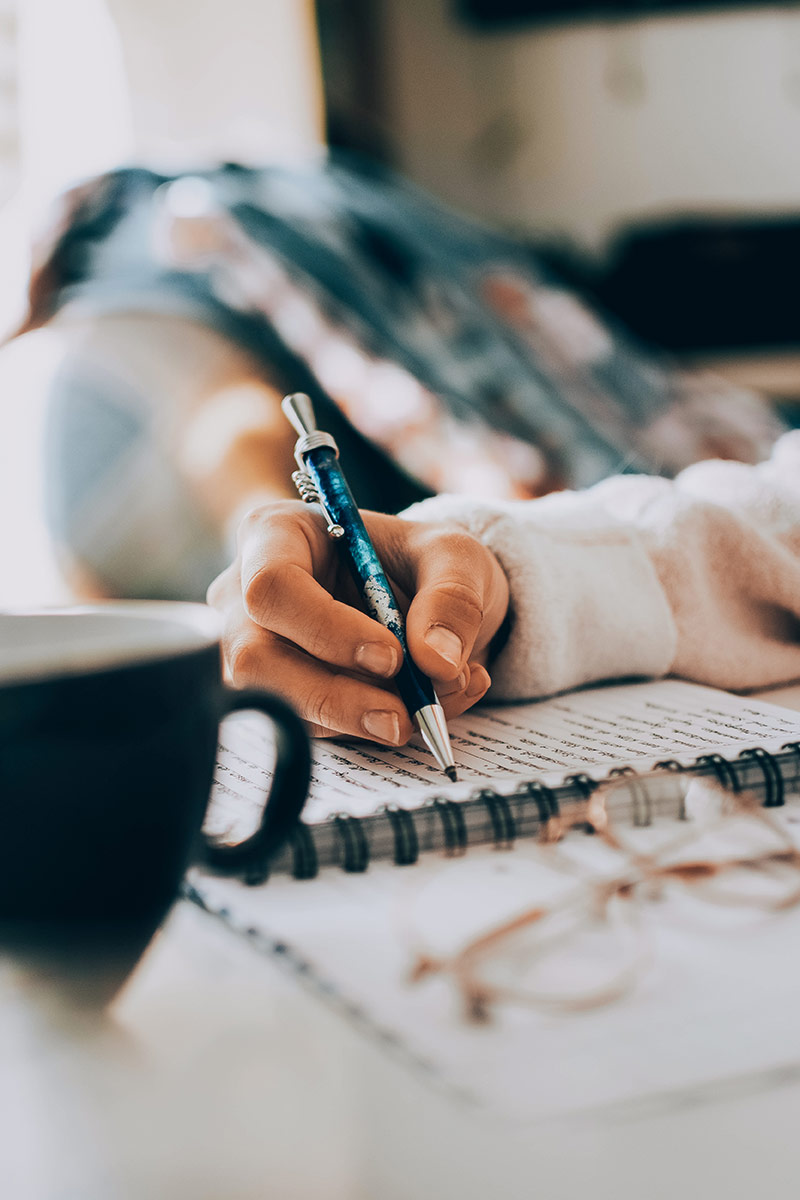
The Association for Psychological Science states that, “there is something about typing that leads to mindless processing. And there is something about ink and paper that prompts students to go beyond merely hearing and recording new information…”.
One of the reasons why writing things down is so effective is because it requires more in-depth processing. We often summarize things into our own words too, which only adds to our interaction with the information. But it doesn’t stop there. The way we choose to organize information on the page, such as which parts to highlight to make them more visible also requires additional processing.
Making good notes quite often means you don’t even need to refer to them later because you’ve already processed the material when you wrote them!
Try it out! The next time you sit down to study, close Google docs, and physically write down what you’re learning. I guarantee you’ll retain more.
8. Memorise with little effort using The Goldlist Method
The Goldlist Method is another technique that is based on writing things down and popular with polyglots. The Goldlist Method works by writing down lists of expressions you want to learn in a notebook. Then, at least two weeks later, you copy them again, sorting out the expressions that you remember from those you don’t. As if by magic, you’ll see that you’ve remembered 30% of the expressions from each list without ever having studied them! No bad, right?!
How to use the The Goldlist Method:
- Divide a page into 4 sections, A, B, C, and D. In section A, write down a list of 20 vocabulary units you want to memorize. Read every phrase and its translation out loud. Put this list aside and “forget” about it, for now.
- Over the next 13 days, create new lists with 4 new sections.
- On day 15, go back to the 1st list (Step 1) and test yourself by covering up the translation of the items into your native language. You will see that you remember about 30% – about 6 words/phrases from it. Copy the remaining 14 words into section B.
You probably see where this is going. You repeat the process with all the other lists, then go back to the first one and do it all again. According to David James, the creator of the method, as long as you are relaxed and enjoying the process, you will naturally pick up a few items into your long-term memory each time. For the items you don’t remember, you simply learn on the next round.
Watch this fantastci video by Lýdia Machová who explains how to use The Goldlist Method.
9. Focus makes progress!
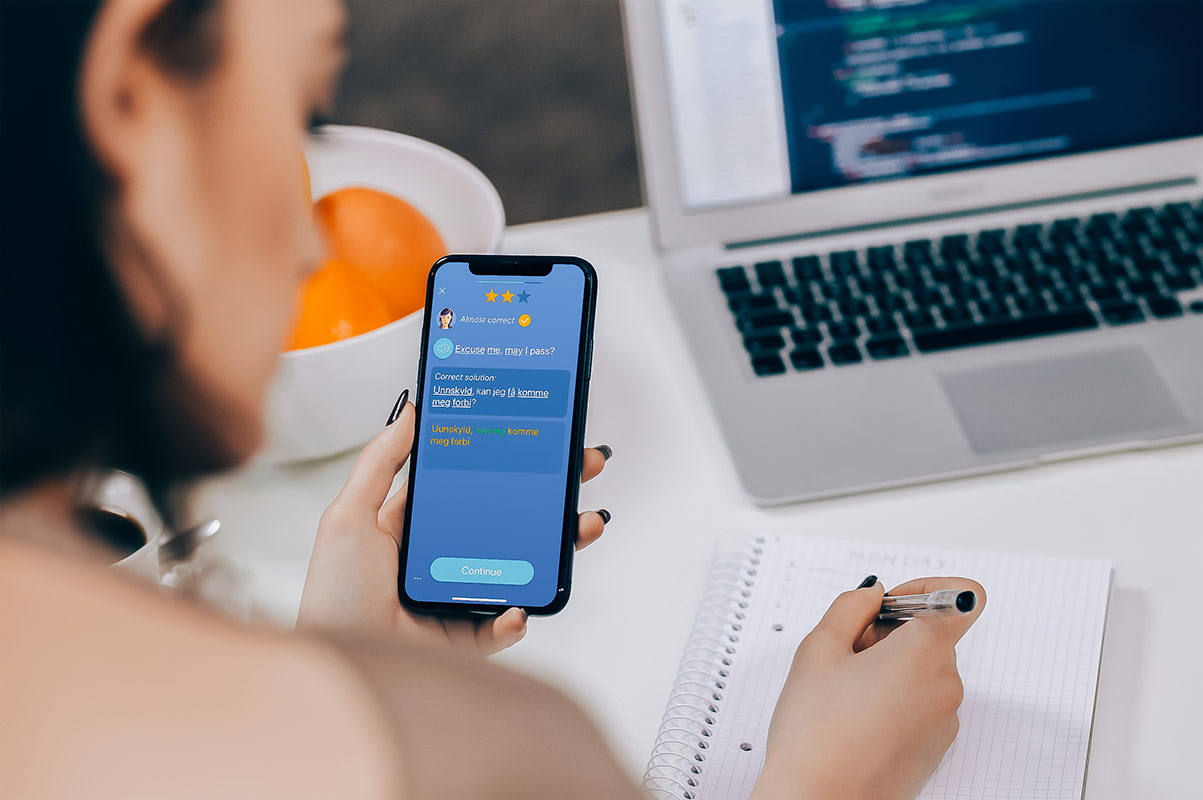
When you are focused and engaged, when you pay attention to what you are learning, you will retain much more from the learning session compared to when you are constantly distracted.
10. Combine words with images with Dual Coding
Dual coding is where you combine both visual and verbal information. Developed by Allan Paivio of the University of Western Ontario in 1971, Paivio based his method on the idea that the formation of mental images aids learning. For example, you store the concept of a ‘cat’ in your mind as both the word and an image of a cat, and you can retrieve them together, or separately.
Here are some examples of using dual coding in language learning:
- Drawing out a historical timeline of events
- Using comics or storyboards to remember stories and texts
- Visual note-taking with part of the information presented as images
- Flashcards that include images
- Visual cues used during quizzes
As you’ve seen in the previously mentioned memory tips in, creating visual associations are a really powerful tool which is why dual coding is so effective.
Have you ever used a visual dictionary with high-quality images illustrating each word? That’s dual coding!
Need help improving your memory?
If you’re lost in the weeds when it comes to effectively learning new words, check out the Your Solid Vocab Memory. This online was developed by my friend Kerstin Cable, an experienced language learner and teacher who really knows her stuff. I always follow Kerstin’s tips, and this course is excellent. If you feel the need to stop chasing your tail and remember any word easily, take a look at Your Solid Vocab Memory.
This course has been one of my favourite resources of the year because it teaches you how to learn and remember vocab in 3 simple steps:
- GROW your word list with strategic goal setting and a solid system for taking notes in seconds
- MEMORIZE any word, even the ones you forget all the time, in less than a minute
- REVIEW with fun and easy methods, not overwhelming lists and card decks
Check out Your Solid Vocab Memory here – I know you’ll love it!
Want to know more about learning languages? Start here!
- 22 Top Language Learning Resources You Should Use
- How to Learn Languages Like Crazy, Even If You Have a Crazy Life [3-Step Method]
- How long does it REALLY take to learn a language? [A Practical Guide]
- How to Get Fluent: 9 Reasons You’re Not Fluent…YET! [& What To Do Instead]
- 18 Unexpected Advantages & Health Benefits of Learning A Foreign Language
- 23 Cool Gift for Language Learners They Will Actually Use and Love
- Memrise vs Duolingo: Which Language App is Best For You?
- Mondly Review: 10 Ways Mondly Drastically Improved My Language Learning
- 203 Most Beautiful Untranslatable Words [The Ultimate List: A-Z]
- 6 Language Learning Tips: How to Learn a Language from Home
- What Type of Language Learner Are You? Your 4-Step Personalised Learning Plan
- 44 Best Movies on Disney Plus for Learning Languages
- 13 Ways to Seamlessly Integrate Language Learning into Your Daily Life
- 10 Pro Tips: How to Learn a Language with a Full-Time Job
- 7 Reasons Why You Should Go on a Language Holiday
- Essential Travel Phrases: How to be Travel Fluent in 10 Simple Steps
- How to Learn Your First Foreign Language in 8 Simple Steps: A Beginner’s Guide
- 11 Life-Changing Reasons Why You Should Learn a Language
- 42 beautiful Inspirational Quotes for Language Learners
- Language learning tips: 11 Polyglots Reveal The Secrets of Their Success
- Top 10 Best Ways to Learn a Language Better and Faster
- How Many Languages are there in the World?
- 78 FREE Dictionaries to Learn a Language Fast [Free eBook Download]
- 22 KEY Travel Phrases That Will Transform Your Travels [Free Guide]
Like it? Pin it for later!
Over to you!
Which one of these memory tips and hacks will you try first? What is your current method for learning languages. Let me know using the comments section below or join me on social media to start a conversation. Remember, if you haven’t already done so, find out what type of language learner you are here.
Thanks for reading and I hope you enjoyed this post.
Like what you see? Subscribe using the form below to have all of my posts delivered directly to your email.
Download Article
Download Article
Memorizing words quickly is often a very daunting task. Sometimes we have word lists — like a list of vocabulary words — that are so overwhelming that we are overcome by the magnitude of the task rather than spending our time getting started. Fortunately, there are a number of methods of memorizing words quickly that take a potentially overwhelming task and make it fun. Ultimately, you need to remember that knowing words and vocabulary is not a bad thing – it will help you meet your goal and enrich your intellect in the process.
-
1
Have the words you need to memorize printed out in front of you. It doesn’t matter what the source of the words is — a textbook, a vocabulary list your teacher gave you, a list of words from the internet — as long as you have them in front of you so you can work on memorizing them. You may even want to write down the words yourself to help even more with your memorization.
- For example, if you’re trying to memorize a list of vocabulary words in a textbook, you could write out the words by hand on a sheet of paper.
-
2
Break the words up into smaller groups. Divide the words into smaller, more manageable groups. Breaking your words up will make it so you can more easily create word association and mnemonic devices to memorize your words. If you want to memorize them in order, that’s okay — you don’t need to break the words up into smaller groups.[1]
- Use your best judgement when and if you’ll be breaking your list up and moving words around.
Advertisement
-
3
Underline the first letter of every word in the groups. You’re going to use the first letter of every word to create memory devices that will make it easier to memorize the words. You’ll do this two ways: either creating a sentence or an acronym.[2]
- The first letter of every word will create an acronym.
- For the order of operations in math (Parentheses, Exponents, Multiplication, Division, Addition, Subtraction), you’ll have p, e, m, d, a, and s. This will spell P.E.M.D.A.S.
- This works best with word lists of 10 or less.
-
4
Memorize the acronym. Now spend a little time memorizing your acronym (P.E.M.D.A.S.) This shouldn’t take too long, and before long you’ll have it memorized. This might be as far as you need to go with this approach.[3]
-
5
Create a sentence to remember based on the first letter of every word. If you want to take an extra step to memorize your word groups, take the first letter of every word (your acronym), and create a sentence based on those letters. You’ll do this by using any word that begins with the first letter of the words in your word groups. For instance:
- You won’t be using the original word, simply another word that begins with the same first letter.
- To remember the order of operations in math (Parentheses, Exponents, Multiplication, Division, Addition, Subtraction), take P.E.M.D.A.S. and assign words to it.
- P.E.M.D.A.S. can be transformed into “Please excuse my dear aunt Sally” or any other number of short sentences.[4]
-
6
Review your word groups, acronyms and mnemonic devices. After you’ve memorized a few of your word groups, stop and review them. Don’t spend hours doing this, as your brain will probably be overloading. This method works best when you provide enough time in between memorization.[5]
Advertisement
-
1
Have the list of words you need to memorize printed out in front of you. These words can come from a textbook, the internet, or a handout you got from a teacher. Either way, it’s best to have the words right in front of you so you can memorize them more easily.
- You can also write the words out by hand on a piece of paper, which will help you memorize them even more.
-
2
Draw a picture for each word. Drawing a picture that describes each word will help you remember it better. Make sure to maintain the original meaning of each word as best as you can.[6]
- Nouns might be easiest, as you’ll just have to draw the person, place, or thing.
- Adjectives will be somewhat easy. Words like “big” and “beautiful” will be relatively easy to draw.
- Verbs might be more difficult. For a word like “associate” try to draw its meaning (the connection between things).
-
3
Create a word association web. Word association webs will help you remember words by associating them with other words. This is a great visual way of memorizing words quickly and will complement other visual approaches to memorization.
- Write the word you want to remember on the center of a sheet of paper.
- Draw lines outward from the center connecting the center word to other words that you associate with it. For example, if the word is “winter” draw a line outward connecting it to “snow” and another line on the other side connecting it to “freezing” and another line on the side connecting it to “ice.” Repeat this process outward until you’re confident you will remember it.
- This should not take more than 3-5 minutes per word.
-
4
Create a picture story. Creating a picture story is similar to creating a word or sentence story, but instead of writing it out, you’ll be drawing your story. This method works great for very visual and artistic learners who might be overwhelmed with writing out vocabulary words.
- Take your list of words and quickly draw a picture for each word.
- Try to maintain the original meaning of the word, if you can.
- Organize the pictures so they make a story you can remember.
- This will work great when paired with word association and mnemonic devices.
-
5
Spend time reviewing your picture, your web, and your story. The more time you spend looking at and thinking about your visual aids, the better prepared you’ll be and the better you’ll remember your word list. Spread this out over a couple days if possible. Review your visual aids when you have time. Consider:
- Reviewing them while eating.
- Looking at them when you have downtime in between other tasks and projects.
- Spending a couple minutes looking at them and thinking about them when you wake up and before you go to sleep.
Advertisement
-
1
Place the list of words you need to learn right in front of you. Having your list of vocabulary words — whether they came from a textbook, the internet, or somewhere else — directly in front of you will make them easier to memorize.
- Handwriting your list of words on a sheet of paper is a great way to kick off the memorization process.
-
2
Arrange the words in story or sentence form. After you’ve got your list, arrange the words in a way so that you can create a couple sentences or a story with the words. You don’t want to just build clunky sentences, though. Consider:
- Rhyming words.
- Pairing words cleverly.
- This works best if you don’t have to know the words in a certain order.
- You will be keeping the meaning of each word.
-
3
Find a memorable tune to accompany your words. Finding a memorable tune to accompany your arranged words will help you remember them more easily. Think about popular songs or songs that you can easily remember the tune to. Consider the tunes from:[7]
- Your current favorite pop songs.
- Traditional folk tunes like “Molly Malone” or “John Brown’s Body.”
- Pledges, anthems, or hymns, like the American Pledge of Allegiance, the American Marine hymn, or Hail Britannia.
-
4
Say or sing the words and their meaning to a tune. After you’ve arranged your words, say the words to yourself out loud. Afterwards, sing or rap the words. This way, you’ve taken your word list, associated with a tune, and now have your own song to memorize! You can sing it to yourself when you’re taking a test or trying to remember your word list.
-
5
Sing, repeat or play the song or tune. As you go about your daily chores or travel, sing or repeat the song or tune over and over again. If you’ve recorded the song or tune (you singing/saying the words over and over), play it back while you’re resting, or even sleeping. If you do record it, put the tune, rap or song on loop.
-
6
Continue this until you are comfortable. Keep doing this until it feels as if the words and their meanings have stuck in your memory. Music is a great aid to memory, which is why it’s so easy to remember pop songs. As a result, this should be a very pleasant and potentially enjoyable way of getting your work done.
Advertisement
Add New Question
-
Question
How can I memorize a test quickly?
Christopher Taylor is an Adjunct Assistant Professor of English at Austin Community College in Texas. He received his PhD in English Literature and Medieval Studies from the University of Texas at Austin in 2014.
English Professor
Expert Answer
-
Question
How can I remember vocabulary words?
Christopher Taylor is an Adjunct Assistant Professor of English at Austin Community College in Texas. He received his PhD in English Literature and Medieval Studies from the University of Texas at Austin in 2014.
English Professor
Expert Answer
Support wikiHow by
unlocking this expert answer.To remember vocabulary words, try to create associations with the words, whether through mnemonic devices, sound patterns, or by visualizing the words. Since flashcards encourage «active recall,» they are also an effective method for tasks related to repetition and memorization.
-
Question
How can I memorize faster?
Christopher Taylor is an Adjunct Assistant Professor of English at Austin Community College in Texas. He received his PhD in English Literature and Medieval Studies from the University of Texas at Austin in 2014.
English Professor
Expert Answer
See more answers
Ask a Question
200 characters left
Include your email address to get a message when this question is answered.
Submit
Advertisement
-
Try using the words in your day-to-day life with people you come across every day. It will make you even more confident.
-
It helps to Google images to find things that might inspire you.
-
Read/write the word over and over again saying each letter.
Show More Tips
Advertisement
-
Do not make your word association too complicated, use what comes first to your mind.
Advertisement
References
About This Article
Article SummaryX
To memorize words quickly, start by writing the words down in a list to study from, since just writing it out can help you remember. Then, underline the first letter of each word and create an acronym that you can easily remember. For simple words, try drawing pictures of each word, keeping the original meaning as much as you can. If these tricks don’t work, set the words to a catchy song and sing it repeatedly until you’ve memorized it. For tips from our Language reviewer on more ways to memorize words, keep reading!
Did this summary help you?
Thanks to all authors for creating a page that has been read 376,379 times.
Reader Success Stories
-
«It’s the best way to memorize vocabulary by listening to music.»
Did this article help you?

By
Last updated:
December 31, 2022
How to Effectively Memorize Words in a Foreign Language: 5 Foolproof Techniques
To memorize a ton of vocabulary, you’ll need to channel your inner elephant.
Your memory is kind of like a muscle. With the right strategies, plus consistent hard work, you’ll be able to memorize foreign language vocabulary efficiently and long-term.
Let’s take a closer look at how memory works from a language learning perspective.
Contents
- How Your Brain Stores New Words
- How to Memorize Words in a Foreign Language
-
- 1. Set a Schedule for Daily Practice
- 2. Group New Words by Theme
- 3. Use Old School and New School Flashcards
- 4. Learn from Authentic Contexts
- 5. Use Your Words!
Download:
This blog post is available as a convenient and portable PDF that you
can take anywhere.
Click here to get a copy. (Download)
How Your Brain Stores New Words
Memories are the result of our brains encoding information so we can access it later. Psychologists have suggested that this process takes place in three stages: encoding, storage and retrieval. For language learners, understanding these three stages can help you maximize your own vocabulary memorization.
Stage one, encoding, can occur through pictures, sound or meaning. In other words, you can remember a new vocabulary word through seeing it, hearing it or learning its definition. Both longterm and short term memory use all three of these routes to encode information.
The second stage, storage, involves holding information for a short or extended period of time. Most adults keep only a few items in their short term memory at once, while longterm memory has a much larger, perhaps unlimited, capacity. For learning a new language, we obviously want to hold vocabulary in our longterm memory.
The third stage, retrieval, is also crucial—you’ll never remember a foreign word if you can’t pull it out of memory storage. The key here is that longterm memory works by association, meaning the organization and context of information is key to retrieving it. This principle underlies several of the vocabulary memorization tips we’ll cover below.
So now that we know how memory works, let’s talk about some ways to improve your memorization.
1. Set a Schedule for Daily Practice
Ever wonder how musicians memorize their music? They play it over and over again, sometimes breaking it up until they can play a piece seamlessly. It’s a process, but it pays off on stage. Language is like that too—it needs to be used repetitively.
To make this as easy as possible, set a schedule so that vocabulary practice becomes a natural part of your day-to-day routine. If you’re a morning person, plan half an hour before you get dressed every day. If you’ve got a long work schedule, try to take time during your lunch break.
It can also be helpful to build rewards into your schedule so you have incentives to stick with it. For example, you can treat yourself to a guilty pleasure snack after a full week of daily practice.
2. Group New Words by Theme
Create lists of similar words grouped by theme or category. For example, you might make lists of color words, types of food, verbs for physical actions, etc. in your target language.
Organizing words into categories breaks down the much longer list of vocabulary into easier to memorize chunks. As noted above, creating these types of associations is key to cementing new words in your longterm memory. I personally like to write themed word lists vertically on a sheet of paper, with the English translations on the opposite side.
Aside from creating connections in your memory, this technique can also boost your motivation to memorize new words. By giving yourself small, manageable lists to work with, you won’t get overwhelmed or burned out so easily.
3. Use Old School and New School Flashcards
While they may seem old school, flashcards are a great way to drill new target language words into your brain. They’re simple, customizable and easy to use. All you need are some pieces of paper or index cards and a pen. I personally like to use two different colors of ink—one for the English and one for the foreign language.
This exercise works even better if you say the word aloud as your run your cards, to help with memorization and pronunciation in one go.
Are you more of a tech-savvy language learner? There are plenty of cool digital flashcard options, too:
- Quizlet allows you to create and use your own flashcards online or search for existing flashcard sets. That means it’s a perfect tool both for drilling a specific word set or testing yourself on overall vocabulary knowledge.
To find relevant flashcards, just type your target language in the search bar on top of the homepage. Best of all, you can take your cards anywhere since Quizlet also has mobile apps.
- The app and website Chegg functions in a similar way, with more than 400 million flashcards and study tools already uploaded. Theses range from high school to college to the professional level. And if you can’t find exactly what you’re looking for, you can create your own cards, for free!
4. Learn from Authentic Contexts
Which do you think is easier: memorizing a series of random words and translations, or memorizing words used in real contexts with actual native speakers?
Probably the latter, right? It just makes sense that when we’re engaged with words and hearing them in authentic contexts, they’ll stick in our brains better.
Whether you’re reading news articles online, watching a viral video or listening to a song that you just can’t get out of your head, immersing yourself in these activities can make new words stick with relatively little effort.
Of course, you can seek out these resources on your own, but there are a number of language learning programs that bring authentic contexts right to your computer or phone screen.
On the language learning program FluentU, for instance, you learn with authentic videos featuring native speakers like informational talks, trailers and music videos.
Each video comes with interactive captions you can click to get a definition, pronunciation, text and video examples and visual learning aid for any word. You can save key words as flashcards to vocabulary lists, then review them with personalized quizzes that adapt to your learning speed to boost your memorization.
Authentic context can make a world of difference in long-term vocabulary recall. It can greatly enhance your understanding of a language in an engaging and dynamic manner, so you’ll be far less likely to forget material.
5. Use Your Words!
Challenge yourself to use the words you’re memorizing as often as possible in real-life situations. By using them in context, you’ll not only remember them better, they’ll also feel more relevant to you in your journey to fluency.
After using flashcards, I like to challenge myself. I’ll try writing a paragraph or letter with my new vocabulary (and without using my lists or a dictionary). I’ll also record myself using my phone, just talking on a random topic, and try to incorporate a handful of new words.
Better yet, to make sure you’re actually using new words the right way, try to work them into conversation with a language exchange partner or in a post on a language discussion forum.
Testing yourself like this is a way to put all the practice time to work, and when it goes right, it’ll boost your confidence to use your target language with a native speaker.
Memorization in a foreign language is the steep part of the language learning mountain. Once you find some strategies that work for you, the process becomes smoother. Set time aside, even a coffee break, to work through your lists or flashcards, either paper or online.
Using a new language to communicate with others is a challenge worth the effort. Once we have a handle on the grammar, pronunciation and vocabulary, we need a boost of confidence to use our new skill. Practicing and building up a strong memory can do that for you.
Download:
This blog post is available as a convenient and portable PDF that you
can take anywhere.
Click here to get a copy. (Download)
Asked by: Freda Douglas
Score: 4.9/5
(10 votes)
How to memorize new vocabulary faster: 9 tips
- Use Memory Techniques. …
- Create a learning environment. …
- Put the words in context. …
- Learn from real-life situations. …
- Take it to the next level. …
- Find the tools that work for you. …
- Make it interactive. …
- Focus on useful words.
How long does it take to memorize a word?
Memorizing new words will definitely help you build up a strong vocabulary. So, the key takeaway of this article is that you will need about 30 to 50 seconds to memorize a word.
How long does it take to memorize 1000 words?
In our research, we looked at 15 million questions over a period of six months, and we found that a user typically learns a word after 51 seconds of study, or about 9 question attempts. At this rate, a person will learn 1,000 new words in just under 15 hours of study.
Can you learn 50 words a day?
So how much vocab is necessary? … Learning 50 words a day is impressive, learning each word will take you about 10 seconds, but you need to practice it, so if you spend just 1 hour a day, you can pick up a lot of vocabulary and be confident in conversation with native speakers!
How can I memorize faster?
How to Memorize More and Faster Than Other People
- Prepare. …
- Record What You’re Memorizing. …
- Write Everything Down. …
- Section Your Notes. …
- Use the Memory Palace Technique. …
- Apply Repetition to Cumulative Memorization. …
- Teach It to Someone. …
- Listen to the Recordings Continuously.
38 related questions found
Can you learn 200 words a day?
To hit the 200 words a day target you only need to do, a 5-12 minute lesson per hour in a school day or average working day day. Suit Yourself! But of course you don’t need to do 200 words a day, you can work at your own pace… and just do an hour a night. . . or an hour a week.
Can you memorize 1000 words in a week?
Not possible. The amount of words you can learn will depend on the language.
What is the best way to memorize definitions?
Tips
- Try using the words in your day-to-day life with people you come across every day. It will make you even more confident. …
- It helps to Google images to find things that might inspire you. …
- Read/write the word over and over again saying each letter. …
- Read each vocabulary word each time along with definition.
How long does it take to memorize 500 words?
How long will it take to memorize 500 words? You should be able to memorise a full 500 word essay in about 3 hours, for your first time, using the above method. When you are practiced you should be able to memorise a 500 word essay in about 60 – 90 minutes.
How much vocab can you learn in a day?
That’s it: 50 new words, every day. That’s 18,250 words in the space of a year, the approximate size of the (active) vocabulary of a native speaker.
How can I remember what I study?
Try out these memorization tips for students that will help you exercise your mind and improve recall.
- Organize your space.
- Visualize the information.
- Use acronyms and mnemonics.
- Use image-name associations.
- Use the chaining technique.
- Learn by doing.
- Study in different locations.
- Revisit the material.
Is 10000 Japanese words enough?
About 10,000 words will give you a high level of competence. … Around 30,000-50,000 words will give you native level reading proficiency, equivalent to a college-educated Japanese. Of course, this level is only attained by a tiny fraction of non-native Japanese speakers.
How long does it take to learn 2000 words?
Using our data, we tried to figure out an average time estimate and found that over the last year, it has taken most people 17 hours to reach 2000 words.
How many words do a person need to know to be fluent?
Those who know 1,000 to 3,000 words can carry on everyday conversations. Knowing 4,000 to 10,000 words makes people advanced language users while knowing more than 10,000 words puts them at the fluent or native-speaker levels.
Is it possible to memorize the whole dictionary?
Unfortunately, unless you are blessed with a photographic memory memorizing the whole dictionary is not possible, however, there are a number of things you can do which will help you to learn and remember new vocabulary! … Using mind maps or vocabulary trees will help you to remember words about different topics. 3.
How long does it take to learn 300 words?
Answer: 300 words will take about 1 minutes to read for the average reader.
How many Spanish words should you learn a day?
Both sources refer to learning Spanish, so really about 15 words a day, with 30 minute or more practice sessions. The first source suggests that learning less than 15 words daily could be too slow, while learning more than 50 words a day could cause you to not remember the words.
How can I learn 10x faster?
These 10 Scientific Ways to Learn Anything Faster Could Change Everything You Know About Dramatically Improving Your Memory
- Say out loud what you want to remember. …
- Take notes by hand, not on a computer. …
- Chunk your study sessions. …
- Test yourself. …
- Change the way you practice. …
- Exercise regularly. …
- Get more sleep.
How can I study and not forget?
6 powerful ways to help you remember what you study
- Spaced repetition. Review material over and over again over incremental time intervals. …
- Active reiteration. …
- Directed note-taking. …
- Reading on paper. …
- Sleep and exercise. …
- Use the Italian tomato clock.
What are the methods of memorization?
Top 5 Methods of Memorizing | Psychology
- Method # 1. Repeated Recitation:
- Method # 2. Whole versus Part Learning:
- Method # 3. Spaced and Un-Spaced Learning:
- Method # 4. Cramming and Logical Memory:
- Method # 5. Intention to Remember:

